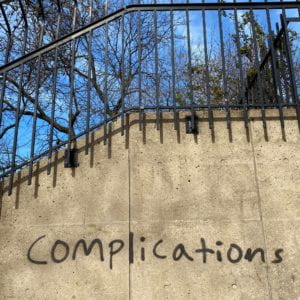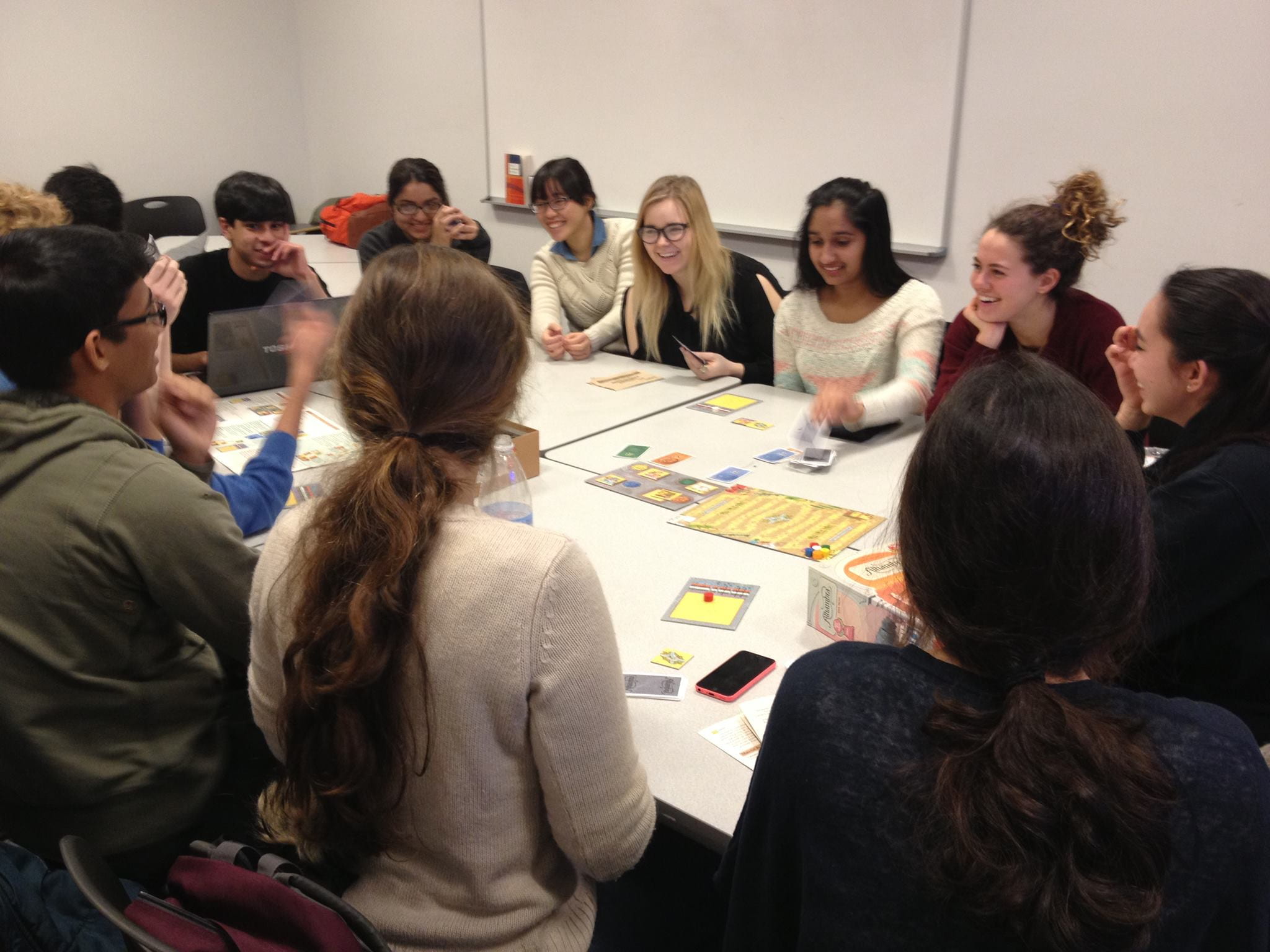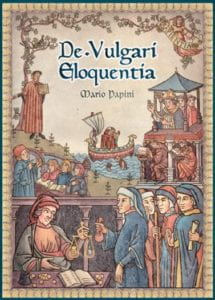“If my students come away from my class and four years later remember nothing about the Middle Ages but only remember when they pick up a newspaper that not everyone with an Arabic name is Muslim, then that’s enough.”
I’ve said it often enough to colleagues, thought I’d never say it directly to students because I wouldn’t want them to know what my absolute bare minimum standard is — I always want them to exceed it rather than shoot straight for it. It’s a topic that most often comes up in the course of discussing which way we err when we simplify the complex narrative of Andalusi cultural history for introductory-level undergraduates: for the sake of the narrative do we make it seem rosier than the historical reality or more conflictive than it? In an ideal world we would do neither but even a simplified narrative is, realistically, confusing for students who are not yet primed for historical complexity and a narrative helps. I defend my kind of simplification with the logic of what I want students to walk away with. At the end of the day, if they remember only one thing from my class, what should that be? I tend to simplify in the rosy direction because I want my students to remember the cross-cultural pollination that proximity yields; and it is is easier for them to understand that in those rosy terms even if it is equally close conflict that brings about cultural flourishing.
A gruesome tragedy is playing itself out in the local — and even international — headlines: a judge, the first African-American woman to serve on the New York State Court of Appeals appears to have committed suicide by walking into the Hudson River and letting go. It is by all accounts a tragedy; those who knew her say she was a compassionate person and a sharp legal mind. But an error crept into the first versions of the news reports and has since been replicated worldwide, even though it has been corrected at its source: the judge, whose surname was Abdu-Salam, was initially described as Muslim even though she was not.
https://twitter.com/el_pais/status/852948341491191812
A correction explains the source of the error:

Her name.
With very rare exceptions, my students are not going to go on to become medievalists. Some of them take my class because they have a genuine, if lay, interest in the subject, some for reasons of heritage, some because they’ve been to Spain and have seen the Alhambra and don’t quite realize how complex and difficult the class is that they’re about to take, some because they did well in AP European History and don’t know how different my narrative and my methodologies will be; but by far and away, the most common reason I hear from students for taking my class (especially the very introductory, freshman-level lecture class) is: “It fit my schedule.” I have some students who are there because they care about the material, but a much larger percentage who are there to fulfill a requirement. I know that the smaller group will understand the complexities, ask great questions, and retain a lot of the details; but again, trying to be realistic, after the final exam most of them will remember only one big takeaway from my class, and that’s it. (Do I wish it were different? Sure. Just about every day. But you work with what you’ve got.) For those students, as heretical as it may be for me to say so, I’m not sure that the takeaway should be strictly medieval.
And so for me, that takeaway is this: language, art, and literature have no confession. That’s all.
If my students can come away from my class knowing that Christians and Jews can also have abds and ibns and als in their names, that’s enough. It’s enough so that when they are the obituary-writers and the investigative reporters who are shaping public perception and defining the news that is fit to print (nevermind when they are the ones setting immigration policy or dropping bombs), they won’t make silly mistakes based on unfounded biases about what kinds of languages and what kinds of names belong to what kinds of religions.


 I’m planning to do my coronavirus semester posting here rather than on FB, even though the latter is the more usual space for academic discussion. (Although maybe there’s a chance that the current crisis will breathe some life back into the academic blogging community?) This feels like a singular moment, and so I don’t want my posts to disappear down into the bowels of the FB juggernaut once this is over. So:
I’m planning to do my coronavirus semester posting here rather than on FB, even though the latter is the more usual space for academic discussion. (Although maybe there’s a chance that the current crisis will breathe some life back into the academic blogging community?) This feels like a singular moment, and so I don’t want my posts to disappear down into the bowels of the FB juggernaut once this is over. So: 

 This year, I’m going to set aside a day for students in my history of Spanish class to play
This year, I’m going to set aside a day for students in my history of Spanish class to play 